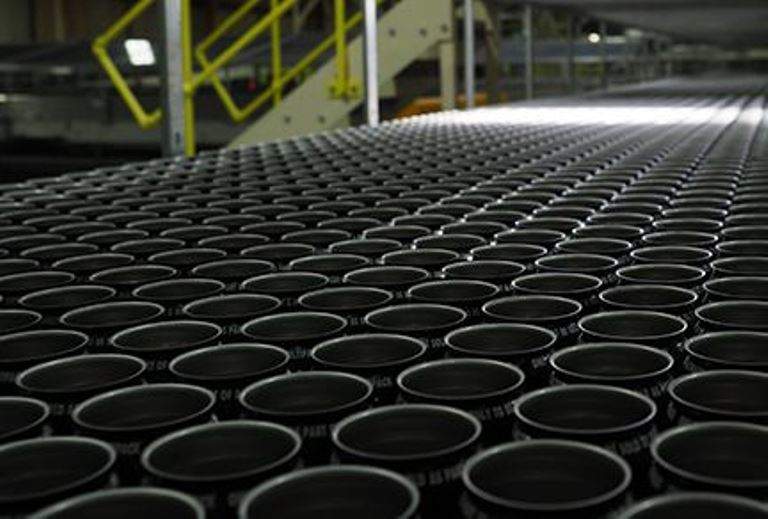
Glass and metal products supplier Ardagh Group have converted its beverage can manufacturing plant in Rugby, UK, from steel to aluminium.
Metal is a permanent material that can be infinitely recycled and has the highest recycling rates of all packaging materials in Europe.
Ardagh Metal Beverage CEO Oliver Graham said: “The conversion of the Rugby plant has further enhanced Ardagh’s manufacturing footprint.
“Operating two highly-efficient aluminium beverage can plants in the UK, at Wrexham and Rugby, supported by our recent investment in our Deeside ends plant, positions Ardagh to offer leading beverage customers greater choice and flexibility in future.”
In addition, the company has opened a new can ends manufacturing plant in Manaus, Brazil, on 31 July.
The plant features production and inspection equipment and has the capacity to produce 12 million can ends per day.

US Tariffs are shifting - will you react or anticipate?
Don’t let policy changes catch you off guard. Stay proactive with real-time data and expert analysis.
By GlobalDataThis development strengthens the company’s position in Brazil as leading beverage cans and ends producer. The company has hired 80 employees for the new plant.
Ardagh Metal Beverage Brazil operations director Augusto Seoane said: “This significant investment in Manaus strengthens Ardagh Group’s position in the Brazilian marketplace, and complements our beverage can production facilities in Jacarei and Alagoinhas.
“The new facility allows us to support both existing and new customer requirements.”
Ardagh offers metal and glass packaging solutions for various industries such as food, beverage and consumer care brands.
The company currently operates more than 100 manufacturing plants in 22 countries and employs over 23,000 people globally.



